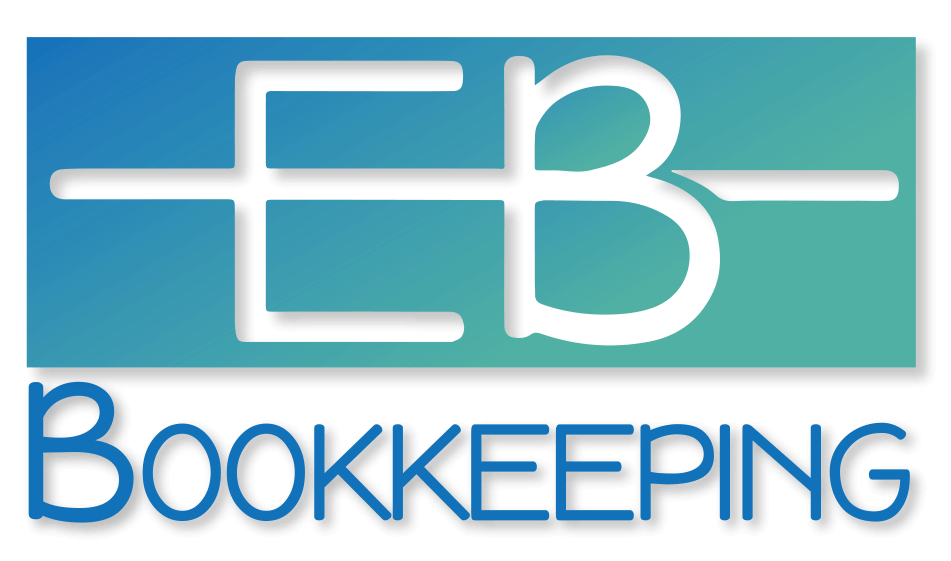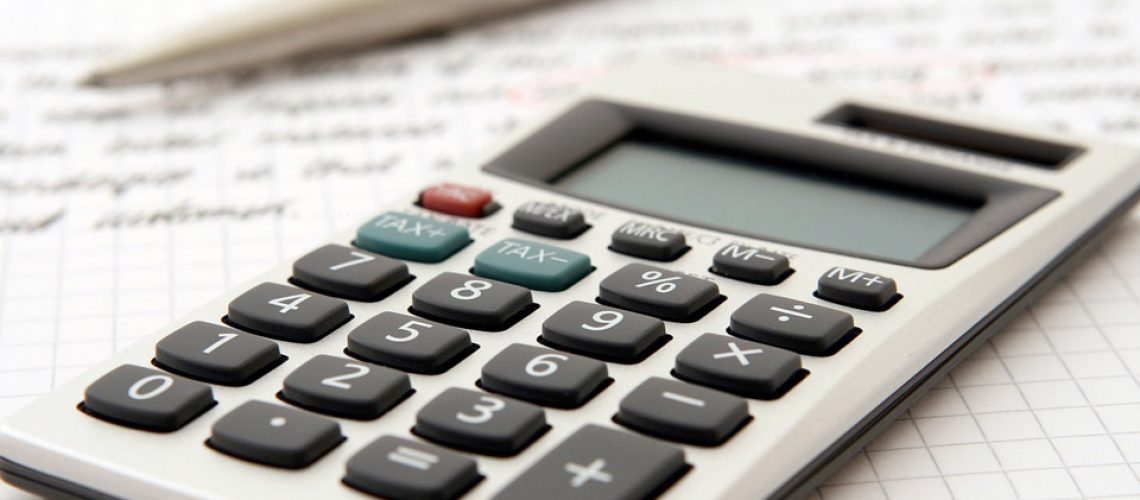Value Added Tax – usually shortened down to VAT – is basically a consumption tax. It is placed on most goods and services that are sold in the UK, and HMRC raises hundreds of billions of pounds of revenue from it every single year.
At the moment, most goods and services are charged at the standard VAT rate of 20% (and will be until at least 31st March 2024). Some supplies, such as residential energy, are only subject to 5% VAT. There are other products that are placed on a zero rate (such as foods), and many companies within the education, financial services, and training sectors will not be expected to pay the charge, either.
VAT is paid by the customer. As a business, you simply need to add the relevant VAT charge to your invoices.
If you run a business, when will you need to register for VAT?
At the time of writing, the yearly VAT threshold is £85,000. So, if your business’s annual taxable turnover is less than this – and you expect it to stay that way – you won’t need to register for VAT right now.
If and when your taxable turnover does exceed £85,000, or is projected to go over this limit, you must register for VAT within 30 days of the end of the month during which you went over the threshold.
For example, if your turnover exceeded £85,000 on 18th January, you must set up a VAT account with HMRC by 28th February.
How often will you need to pay VAT?
You will typically need to pay a VAT bill every quarter. You can use a bookkeeper or accountant to calculate and submit your VAT return for you, and arrange for these payments to be made – but you can also do this yourself, if you prefer.
One thing you do need to bear in mind is, you will now need to make sure that your chosen VAT return software is supported by the government’s new Making Tax Digital Scheme for VAT. This requirement came into play in November 2022.
How often will you need to pay VAT?
You can, if you want to! You might wonder why you would want to deal with the administrative headache of registering for VAT when you don’t have to, especially as, in most cases, you will need to add a further 20% to your billable amounts and expect your customers to absorb this extra cost.
But the fact is, many larger companies prefer to work with contractors and suppliers that are VAT registered. Plus, if you plan to invest in plant equipment, in-house software, or other larger-scale expenses, you will be able to claim back a percentage of the VAT you spend with other companies that are VAT registered. (And if this percentage ends up being more than you have earned as a business, you might even be eligible for a VAT refund – how exciting!).
How much VAT will you need to charge?
Most companies will need to charge the standard rate at 20% – but there are a few exceptions. Visit gov.uk for more information, or contact your accountant or bookkeeper (or me!) for guidance.
What happens in your first VAT-registered year?
When you first register for VAT, any revenue generated before you reached the £85,000 limit will not count. You will only need to pay VAT on anything above this threshold. So, if your company turns over £250,000 in year one of being registered for VAT, you will only need to pay VAT on £165,000 of this amount.
Sadly, from your second year onwards, you will need pay VAT on all your taxable earnings.
To summarise…
If you’re not sure whether you need to register for VAT, you’ll need to ask yourself the following questions:
- Are you making a taxable turnover of more than £85,000 per year – or are you likely to hit or go over this threshold in the next few months?
- Do you find that most of your clients prefer working with VAT-registered companies?
- Are you likely to spend a lot of money on sizeable business expenses in the coming tax year?
If the answer is ‘yes’ to any of the above, it will either be mandatory to start the registration process, or potentially in your economical or financial interests to do so. You will need to make sure you have the time and resources to complete all the necessary extra paperwork, and ensure your reports and returns are submitted to HMRC on time.
Need help reaching the right decision? Thinking of taking the plunge, and want to partner with a bookkeeper who is well versed in completing VAT returns? I’m always happy to chat!

